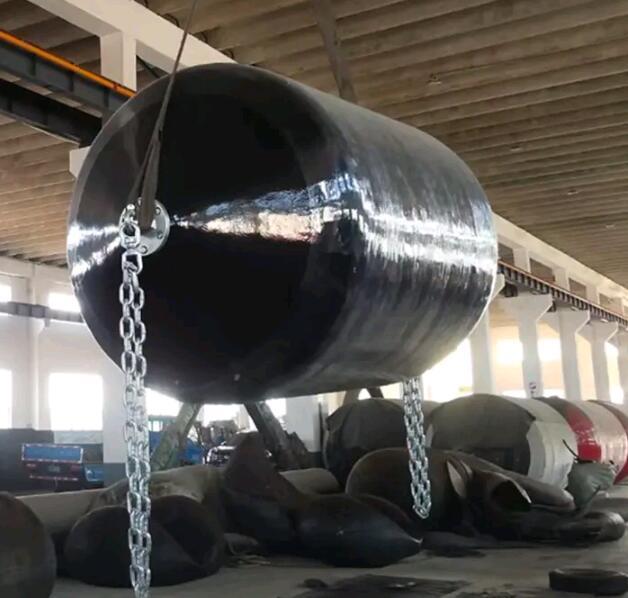Marine Rubber Fender: Ensuring Compliance with International Safety Standards
By cushioning the contact points between ships and docks, marine rubber fenders help maintain vessel stability during mooring. This reduces the risk of accidents caused by sudden shifts or uncontrolled movements, enhancing the safety of crew and dock workers.
Marine rubber fenders are adaptable to a wide range of vessels, from small fishing boats and barges to large container ships and oil tankers. Their flexible design and sizing options allow ports to customize protection based on vessel traffic and docking requirements.
Damaged vessels or port structures can lead to oil leaks or debris entering the marine environment. By minimizing impact damage, rubber fenders contribute indirectly to environmental conservation, reducing the risk of spills and contamination.
Advantages of Using Marine Rubber Fenders
Rubber fenders effectively absorb and dissipate the kinetic energy generated during docking, which reduces the forces transferred to ships and piers. This cushioning effect helps prevent structural damage and ensures safer operations.
Constructed from high-quality rubber compounds, these fenders withstand harsh marine conditions, including saltwater exposure, extreme temperatures, and UV radiation. Their robust build ensures a long service life with minimal maintenance.
Marine rubber fenders are available in various profiles such as cylindrical, cone, or pneumatic types, each suited for specific berthing situations. This versatility allows port authorities to select the most effective fender type based on vessel size, berthing speed, and dock design.
Many rubber fenders come with simple mounting systems that facilitate quick installation and replacement. Routine inspections and minor repairs can be conducted without significant disruption to port activities.

https://www.zjtcgm.com/product/pneumatic-fender/marine-vessel-ship-yokohama-pneumatic-rubber-fender.html
Marine Vessel Ship Yokohama Pneumatic Rubber Fender are considered the leading anti-collision devices for marine applications. They play an active role as a protective medium against collision in ship-to-ship contacts (STS), and ship-to-berthing.
- Art
- Causes
- Crafts
- Dance
- Drinks
- Film
- Fitness
- Food
- Spiele
- Gardening
- Health
- Home
- Literature
- Music
- Networking
- Other
- Party
- Religion
- Shopping
- Sports
- Theater
- Wellness


